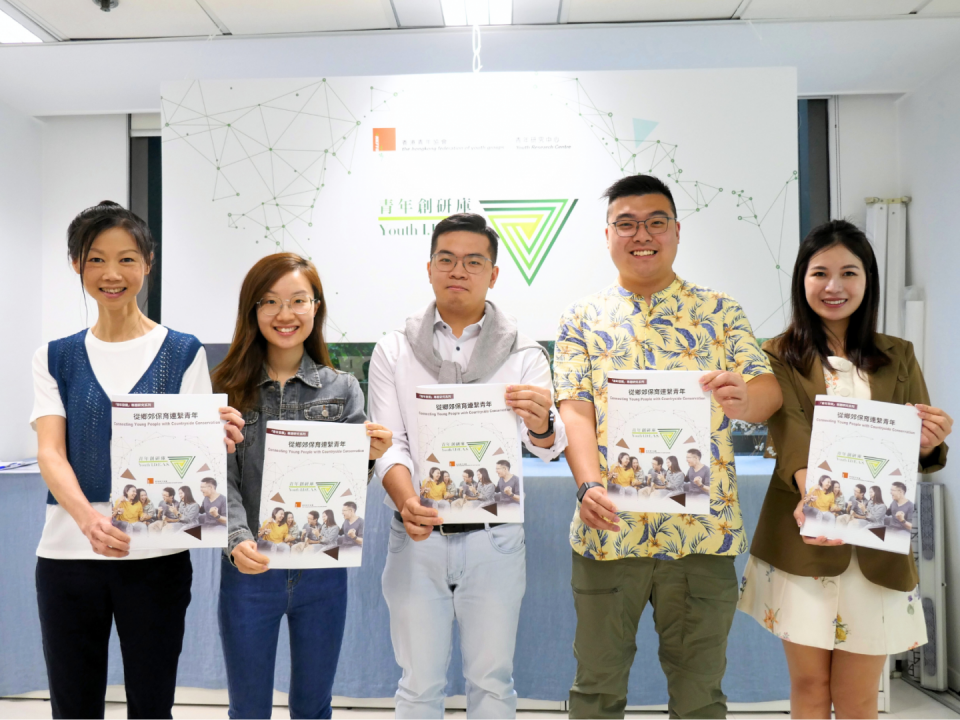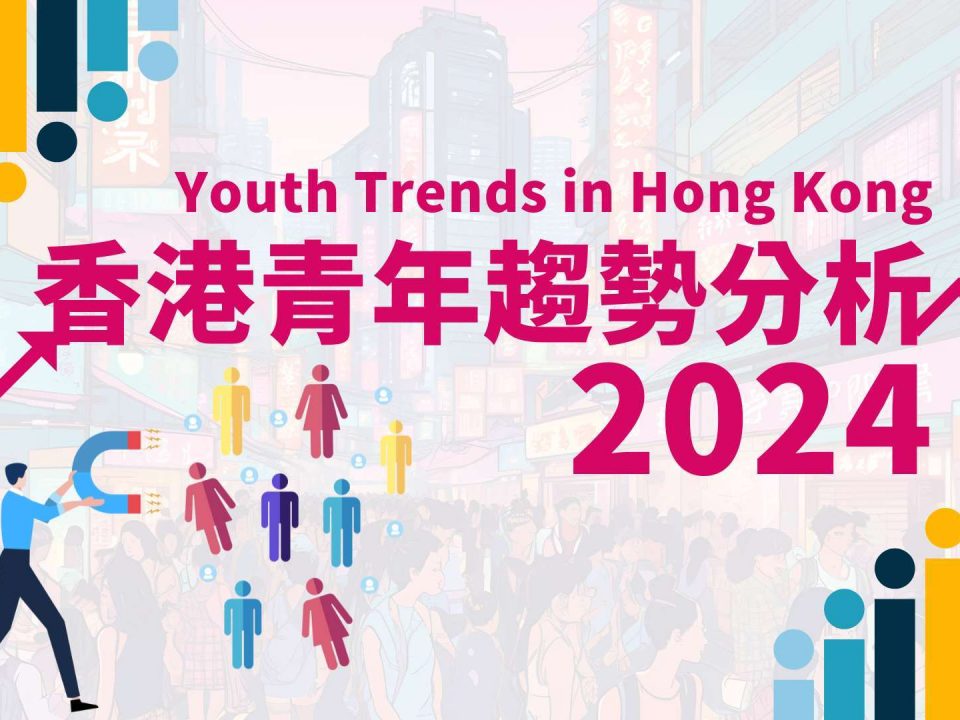The Competitiveness of Hong Kong Young’s People in the Greater Bay Area
The Competitiveness of Hong Kong Young’s People in the Greater Bay Area
19 May, 2022
As the economic development of the Greater Bay Area (GBA) accelerates, a growing number of Hong Kong’s young people are starting to realise the growth potential of the Mainland cities in this region and how it can positively impact their careers. However, differences in the respective social systems between Hong Kong, Macao and the nine other cities pose an array of challenges for those Hong Kong young people who decide on the GBA for their career development. Can Hong Kong young people seize the opportunity to develop their career in the GBA?

Publication
Click to Read More
Research Background
As the economic development of the Greater Bay Area (GBA) accelerates, a growing number of Hong Kong’s young people are starting to realise the growth potential of the Mainland cities in this region and how it can positively impact their careers. However, differences in the respective social systems between Hong Kong, Macao and the nine other cities pose an array of challenges for those Hong Kong young people who decide on the GBA for their career development. Can Hong Kong young people seize the opportunity to develop their career in the GBA?
The HKFYG Youth I.D.E.A.S. poll in 2019 showed that half of the young respondents were willing to start a business in the GBA, with more than one-third of them indicating a readiness to commute to, or be based in, the GBA.[1] It showed that a substantial number of Hong Kong young people were prepared for the opportunities in the GBA.
Enhancing the GBA is a key goal and the availability of talent will increasingly play a significant role in realising future opportunities. Demand from GBA enterprises for highly educated talent is rising, particularly for highly-skilled, professional workers and management specialists, as highlighted by a Mainland-based study.[2] An international study [3]also suggested that a major change in the job market will occur as employers raise the standards for talents and develop new job profiles.
Talent is an increasingly important asset for economic development and labour market competitiveness. Shortage of talent is also not a problem limited to the GBA and can be seen in countries around the world. While it is certainly a personal decision whether young people stay in Hong Kong or go to the GBA to develop their careers, the focus needs to be ensuring those interested in relocating are equipped with the essential skills needed to capture the opportunities and cope with the challenges ahead.
The purpose of this study is to examine the competitiveness of Hong Kong young people in the GBA job market, their challenges they are facing and to recommend feasible solutions for those looking for a career in the region to improve competitiveness.
This study was conducted between March and December 2021, with data collected from three sources: an online poll of 720 university students who expressed an interest in a career in the GBA; case studies of 26 young people aged 18-34 who had started a business, worked or studied in the GBA or in Mainland China over the past year; interviews with 16 Mainland and GBA recruiters, startup experts, scholars and employers.
[1] The HKFYG Youth I.D.E.A.S.. February 2019. Overcoming Career Challenges of Hong Kong Young People in the Greater Bay Area. Retrieved from: https://yrc.hkfyg.org.hk/en/2019/02/26/overcoming-career-challenges-of-hong-kong-young-people-in-the-greater-bay-area/
[2] Web: http://hrss.gd.gov.cn/gkmlpt/content/3/3490/mpost_3490754.html#1274
[3] World Economic Forum. October 2020. The Future of Jobs Report 2020. Retrieved from: https://www.weforum.org/reports/the-future-of-jobs-report-2020/digest
Main Discussions
Main Discussion
- The polled University students in Hong Kong generally held the view that room for professional growth in the GBA was significant. However, 70% of respondents thought that young people did not see the GBA’s development opportunities, while those who had previously visited it, took a more positive view.
- Cultural and creative, financial services and technology and innovation were the industries in which respondents were most interested. Experts, scholars and employers highlighted that Hong Kong young people were among the potential candidates companies targeted. Their ability to enhance competencies was crucial to overcoming the challenges in the labour market.
- In the youth cases studies, interview subjects experienced firsthand local GBA life and culture. Not only did they gain an in-depth understanding, but they also kept themselves informed of new developments. By doing so, Hong Kong young people directly experienced life in the region.
- The University students polled scored themselves highest in terms of professional ethics but relatively low in digital literacy. Competitive advantages in the GBA could still be seen in Hong Kong young people. By increasing their competitiveness, continuing to improve their skillsets and looking for new opportunities, they could expand their career horizons.
- Career challenges facing Hong Kong young people in the GBA were threefold: lack of Mainland social networks & work experience; talent competition from the Mainland; limited knowledge of Chinese systems. Experts also pointed out that misconceptions about pursuing a career in Mainland China also limited the personal growth of Hong Kong young people.
- Hong Kong young people ought to have an open-minded attitude towards the GBA and see work experience in Mainland China as a way to enhance their careers and enrich their personal lives.
- Assistance to Hong Kong young people as part of the GBA’s development.
Recommendations
Recommendations
- Talent incubation1.1 Merging the concept of the GBA as career pathway with life planning education for secondary students.
1.2 Rolling out “GBA Career Exploration Scheme”.
- Talent competition2.1 Building a GBA core-skills online learning platform.
2.2 Offering young people more internship opportunities in the GBA for professional skills training and gaining life experience.
- Talent mobility3.1 Hong Kong young people could think through all the possibilities from a wider angle and embrace opportunities for career development in each city with an open mind. This could improve their career mobility.
3.2 Forming mutual-aid groups to exchange information and life experience, job sharing and career guidance among Hong Kong young people and new arrivals.













